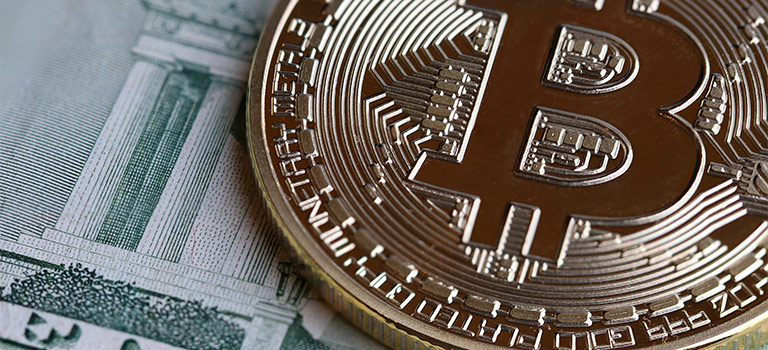PALO ALTO, Calif. (Reuters) - The Federal Reserve is taking a look at a broad series of concerns around digital payments and currencies, including policy, style and legal considerations around possibly issuing its own digital currency, Governor Lael Brainard said on Wednesday. Brainard's remarks recommend more openness to the possibility of a Fed-issued digital coin than in the past." By changing payments, digitalization has the prospective to provide greater value and convenience at lower expense," Brainard stated at a conference on payments at the Stanford Graduate School of Organization.
Central banks globally are disputing how to handle digital finance innovation and the distributed journal systems used by bitcoin, which promises near-instantaneous payment at potentially low cost. The Fed is establishing its own day-and-night real-time payments and settlement service and is currently evaluating 200 comment letters submitted late last year about the proposed service's design and scope, Brainard stated.
Less than 2 years ago Brainard told a conference in San Francisco that there is "no engaging showed requirement" for such a coin. However that was before the scope of Facebook's digital currency ambitions were widely understood. Fed officials, including Brainard, have raised issues about consumer securities and data and personal privacy dangers that could be posed by a currency that could enter into usage by the 3rd of the world's population that have Facebook accounts.
" We are collaborating with other central banks as we advance our understanding of central bank digital currencies," she stated. With more nations looking into releasing their own digital currencies, Brainard stated, that contributes to "a set of factors to also be ensuring that we are that frontier of both research study and policy advancement." In the United States, Brainard said, issues that require research study include whether a digital currency would make the payments system much safer or simpler, and whether it might posture financial stability dangers, consisting of the possibility of bank runs if money can be turned "with a single swipe" into the central bank's digital currency.
To counter the financial damage from America's extraordinary national lockdown, https://s3.us-east-2.amazonaws.com/palmbeachresearchgroup5/index.html the Federal Reserve has actually taken unprecedented fedcoins steps, consisting of flooding the economy with dollars and investing directly in the economy. Most Great post to read of these relocations received grudging acceptance even from numerous Fed doubters, as they saw this stimulus as required and something only the Fed might do.
My new CEI report, "Government-Run Payment Systems Are Unsafe at Any Speed: The Case Versus Fedcoin and FedNow," information the dangers of the Fed's existing prepare for its FedNow real-time payment system, and proposals for central bank-issued cryptocurrency that have been called Fedcoin or the "digital dollar." In my report, I discuss concerns about privacy, data security, currency control, and crowding out private-sector competitors and development.
Supporters of FedNow and Fedcoin state the federal government must create a system for payments to deposit immediately, instead of motivate such systems in the economic sector by lifting regulatory barriers. However as noted in the paper, the private sector is providing an apparently limitless supply of payment innovations and digital currencies to resolve the problemto the extent it is a problemof the time gap in between when a payment is sent and when it is gotten in a savings account.

And the examples of private-sector development in this area are many. The Cleaning Home, a bank-held cooperative that has been routing interbank payments in various forms for more than 150 years, has actually been clearing real-time payments considering that 2017. By the end of 2018 it was covering half of the deposit base in the U.S.